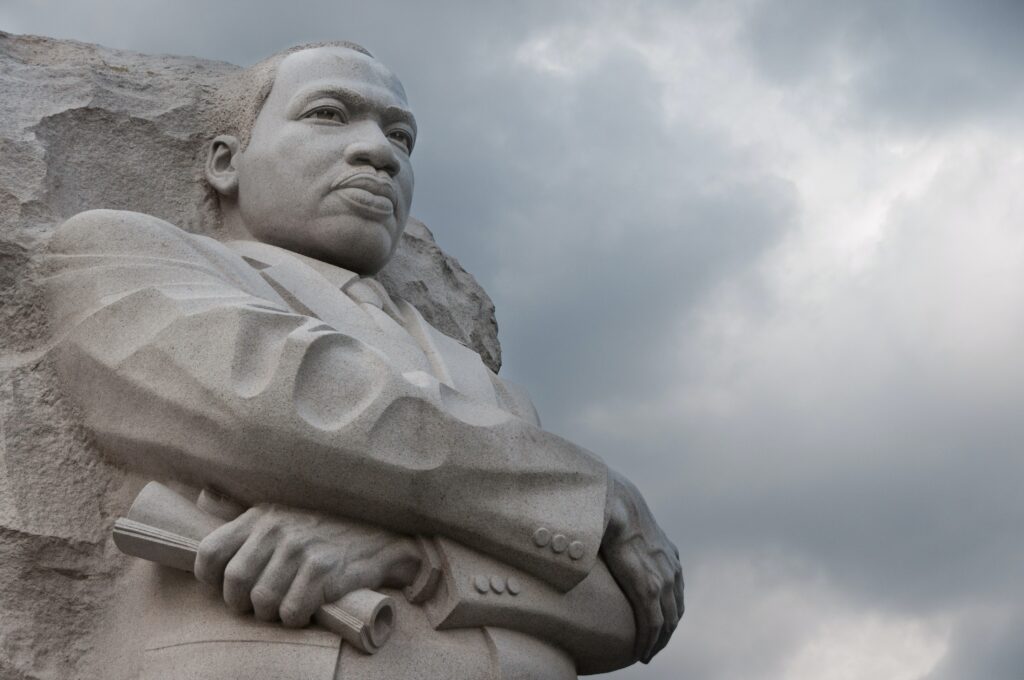
Martin Luther King Jr. and the American Political Tradition


This post was originally published on my personal blog, The Art of Association, on Martin Luther King Jr. Day. I’m sharing it here because I think it’s relevant to the Lyceum Labs’ core mission.
As a recurring ritual of citizenship, each Martin Luther King Jr. Day I have taken to watching a video recording of King’s 1963 “I Have a Dream” speech. Like most Americans, I never cease to be inspired by the rhetorical heights King reaches as he fleshes out the contents of his dream.
King’s mastery is all the more striking considering he improvised the famous part of his famous speech. With the help of Clarence B. Jones, King had prepared bleak yet bracing reflections on the state of the civil rights movement in 1963. This was the speech King had planned and that he delivered for the first 11 minutes that day on the National Mall in Washington, DC. Then Mahalia Jackson spoke up.
Jackson was a renowned gospel singer and a friend of King’s who, at his request, had performed “I’ve Been ‘Buked and I’ve Been Scorned” before he spoke. Earlier that year, Jackson had heard King give a sermon on his “dream” in Detroit. Still on stage and within earshot–and sensing King’s audience needed more inspiration than he was leaving them with–she shouted, “Tell them about the dream, Martin!” King paused, put his prepared remarks aside and, for the last five and half minutes of his speech, did just that.
As impressive and memorable as King’s extemporaneous riffs about his dream for his country are, however, I always find myself drawn to the first, less famous part of his speech. At its outset, King performs a remarkable act of statesmanship, positioning himself squarely within the American political tradition while delivering a compelling critique of it.

